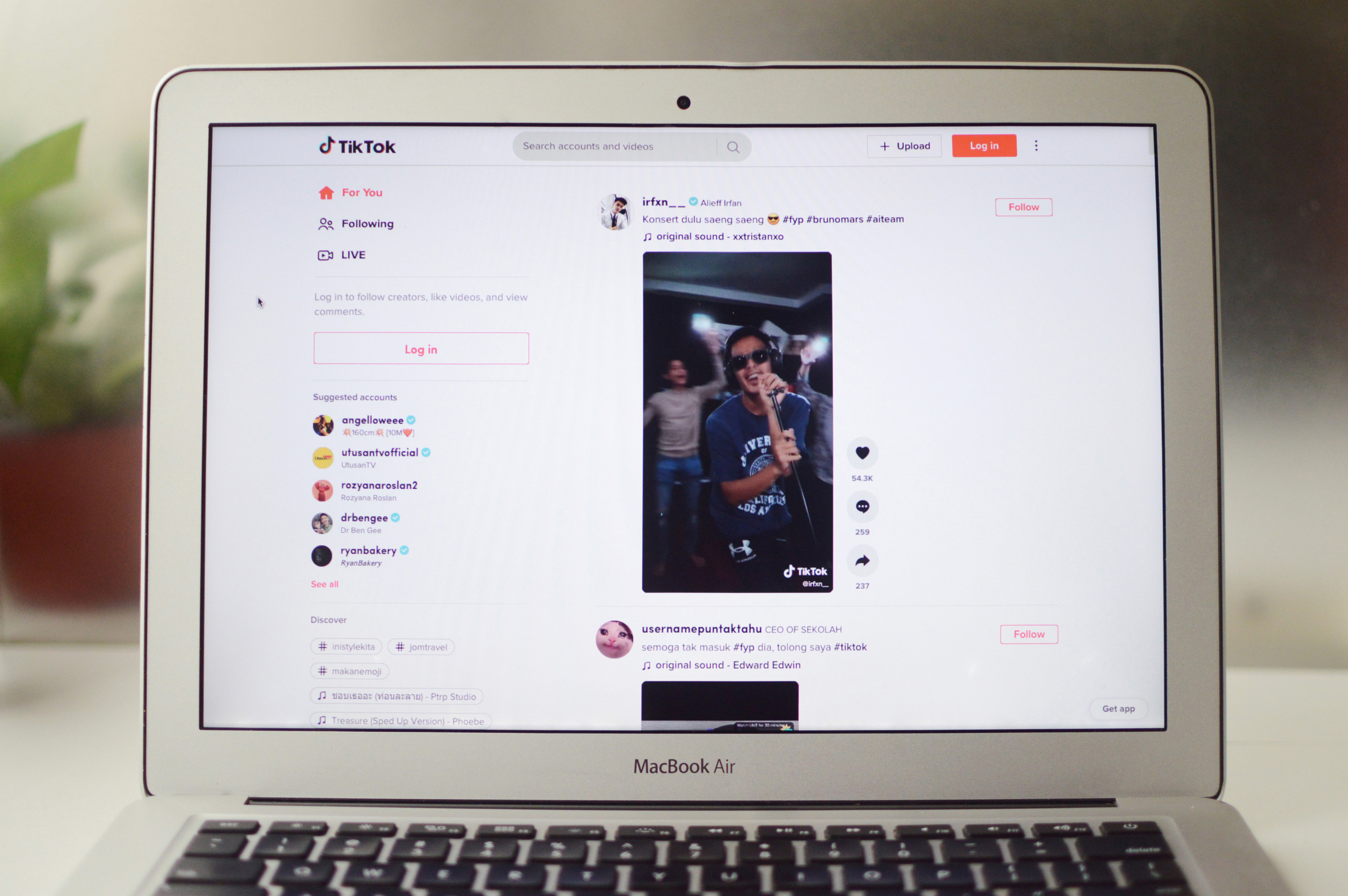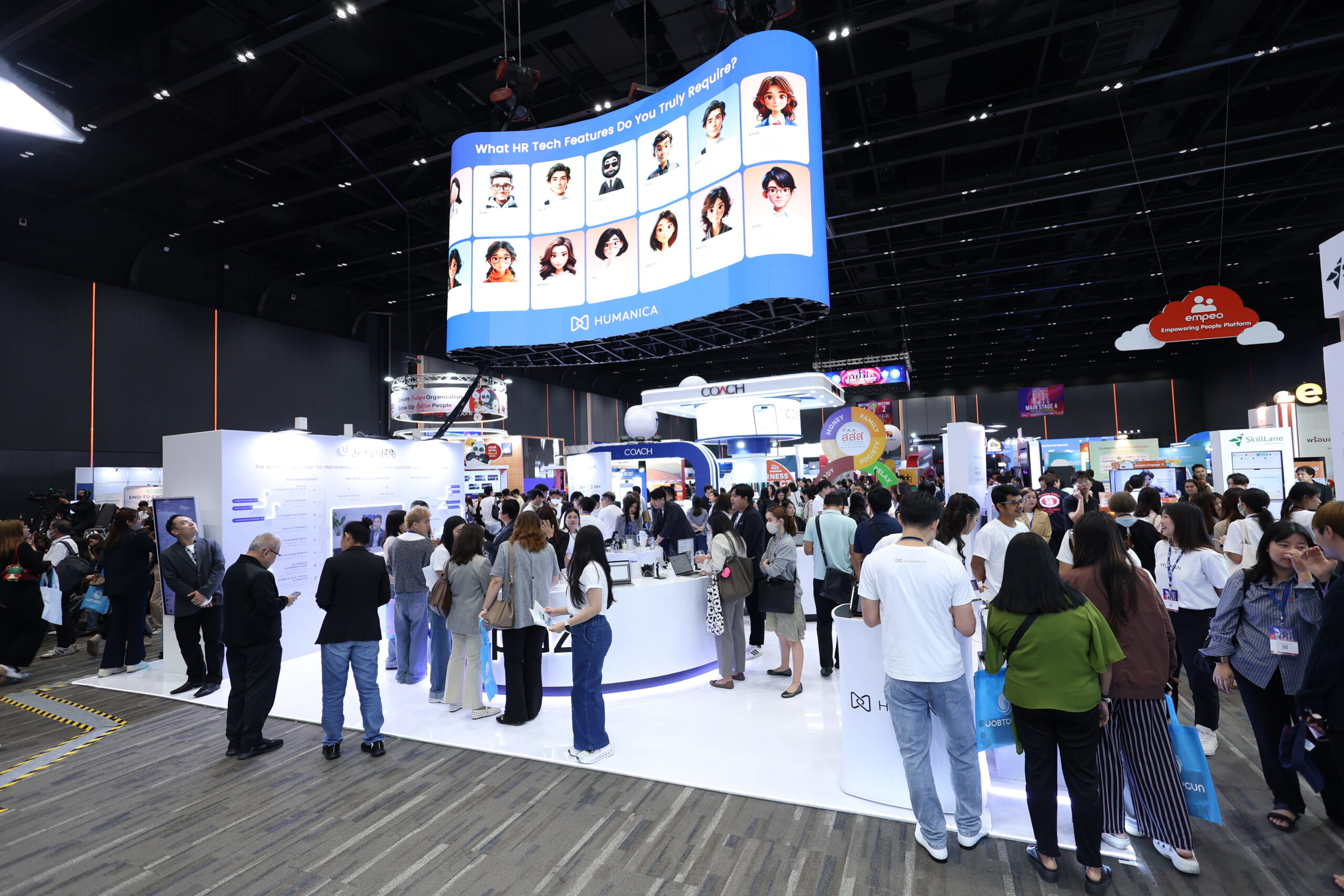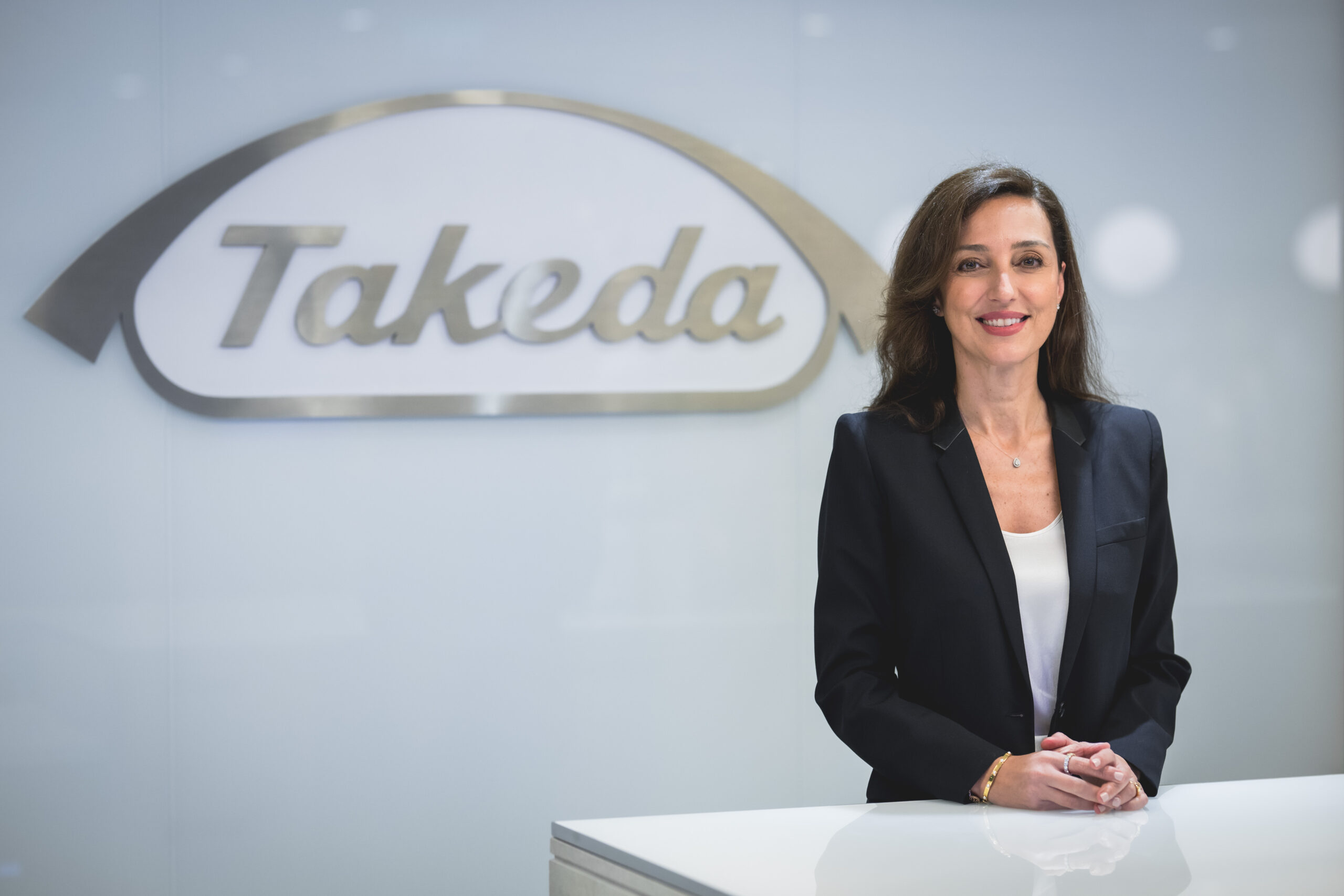Burnout crisis deepens in Singapore workplaces
- Josephine Tan

Singapore’s workforce is grappling with a persistent burnout crisis, according to the 2024 Wellness at Work Report by Employment Hero. Despite growing awareness of the issue, the report revealed at 61% of employees still feel burnt out, a figure only marginally improved from 2022.
The study, which surveyed 1,018 employees in Singapore, points to a critical gap in workplace wellness support. A significant portion of the workforce lacks access to essential services such as on-site health assessments, mental health support, and comprehensive benefits management. Only 45% of employees stated that their employer provides access to confidential counselling.
Gen Z employees are bearing the brunt of the crisis, with 68% reporting burnout. This is followed by Millennials at 65%, Gen Z at 54%, and Baby Boomers at 36%.
Ben Thompson, CEO and Co-Founder of Employment Hero, emphasised the urgent need for employers to prioritise mental health and wellness programmes. “It’s clear that current efforts are insufficient, as evidenced by the persistent high levels of burnout and stress, particularly among younger employees. Employers must take proactive steps to provide comprehensive mental health support and wellness initiatives to foster a healthier, more productive workforce.”
READ MORE: Stress management strategies for workplace wellbeing
The study also highlighted alarming stress levels among employees. Nearly 40% of employees indicated feeling stressed at work a few days a week over the last three months, while 36% reported feeling stressed a few days a month. Gen Z employees are the most affected, with 58% feeling stressed a few days a week.
Sudesh T, Head of Diversity, Equity and Inclusion, Manulife Asia, concluded, “Dealing with stress at work is a common challenge that many employees face, and addressing it effectively is crucial for both personal wellbeing and professional performance. Flexible working arrangements, remote work options, and flexible hours so employees can better manage both personal and professional responsibilities can significantly reduce stress and improve overall job satisfaction.”
For more news and analysis on the latest HR and workforce trends in Asia, subscribe to HRM Asia and be part of the region’s largest HR community!






